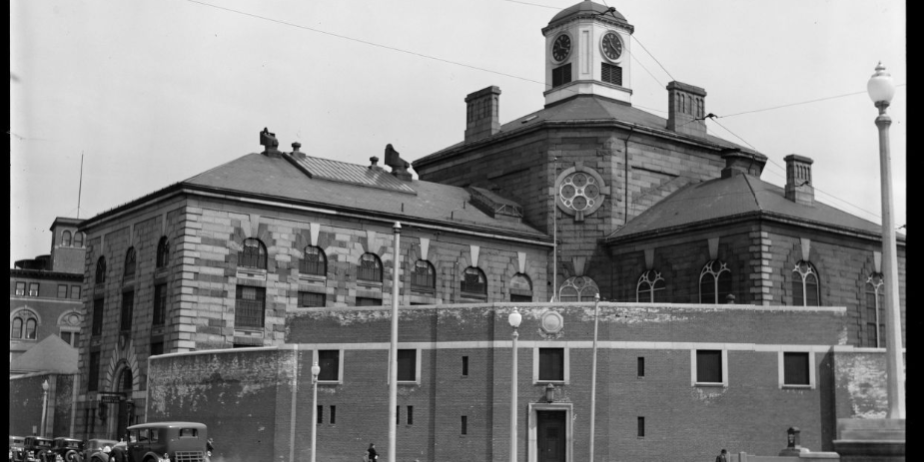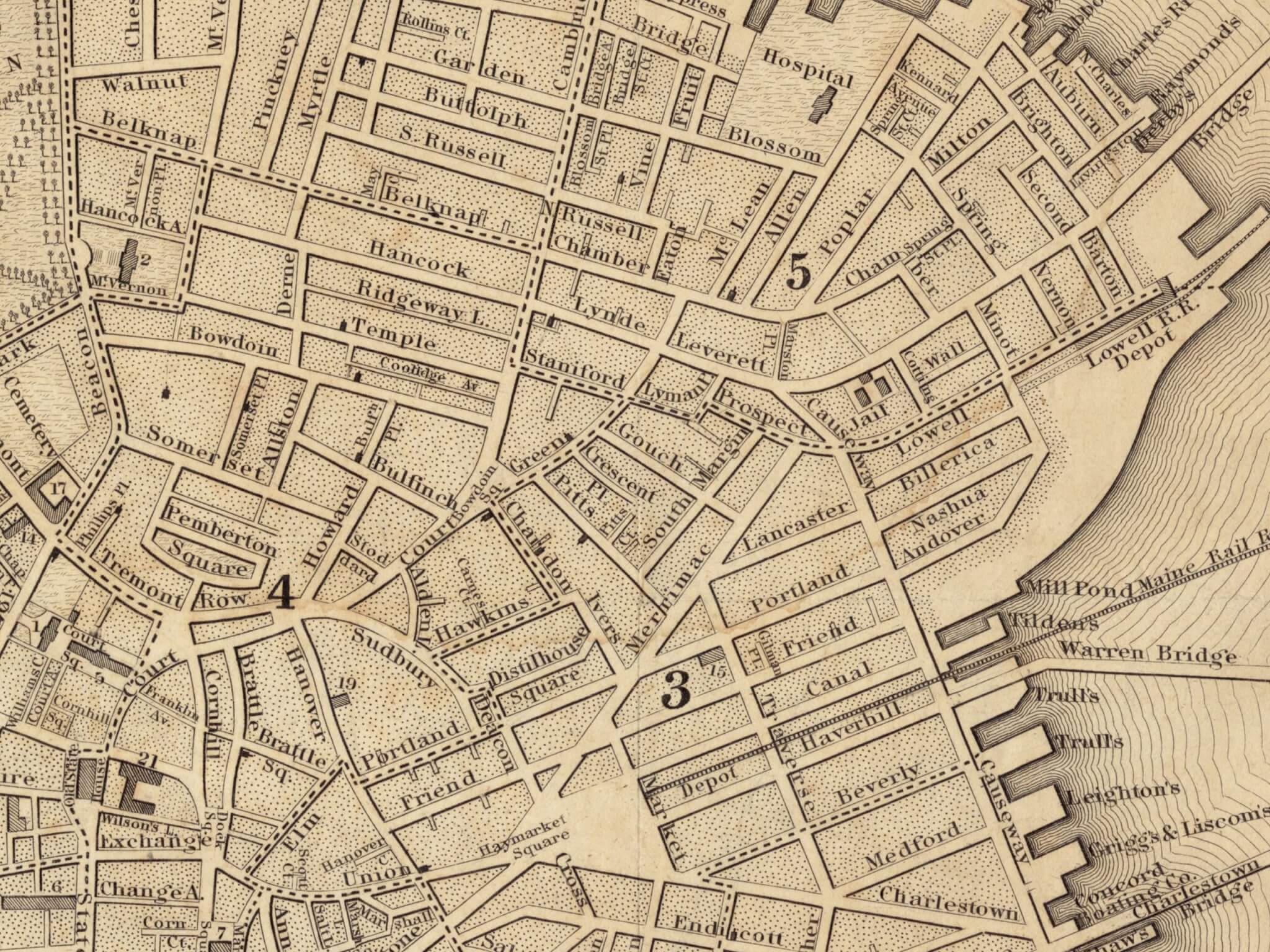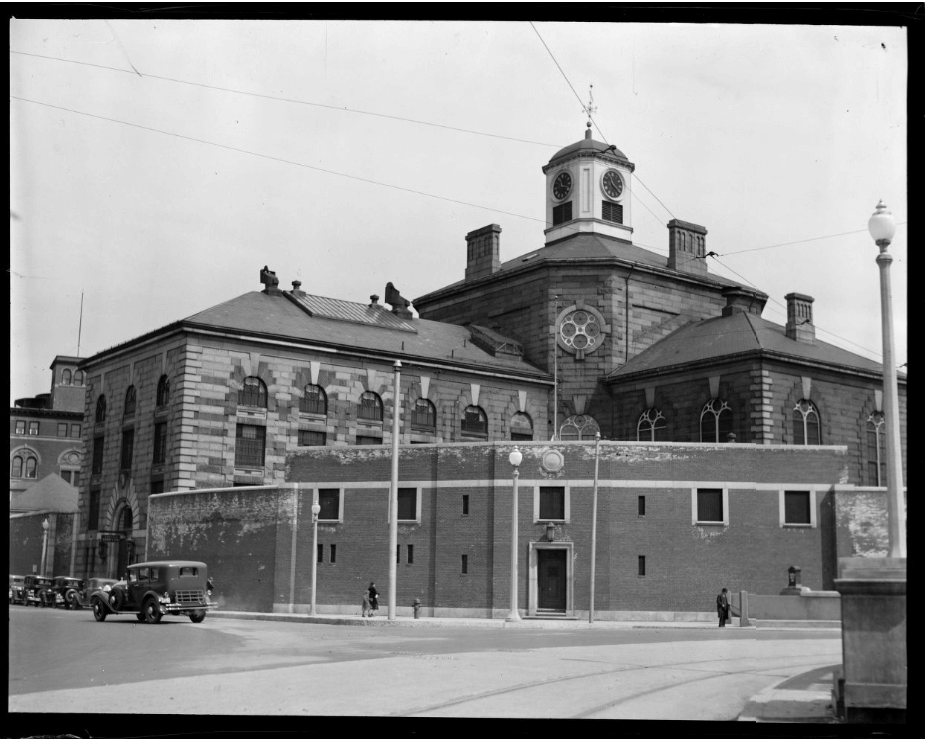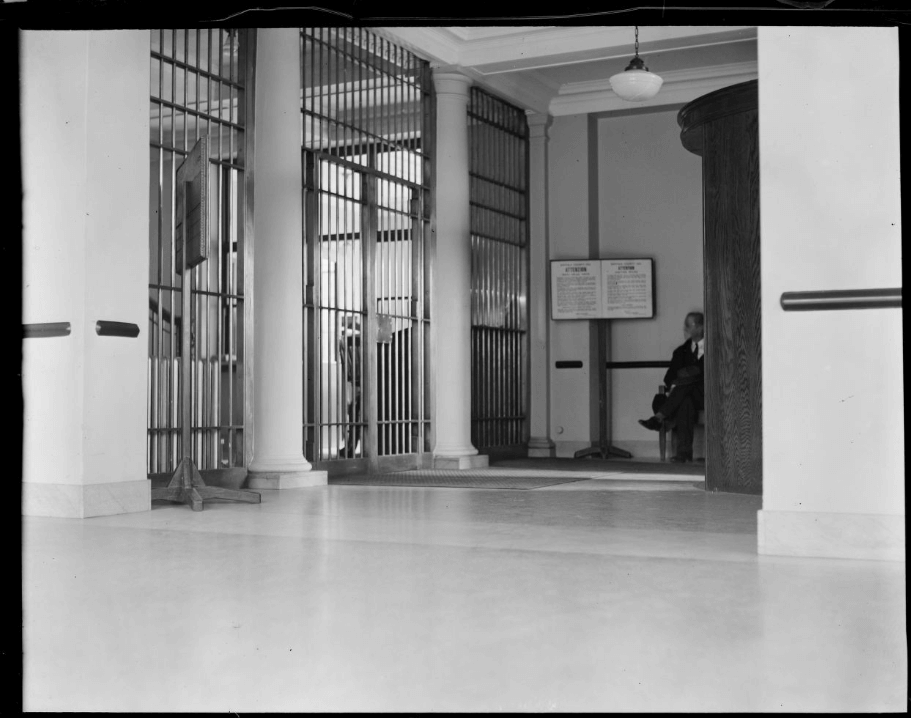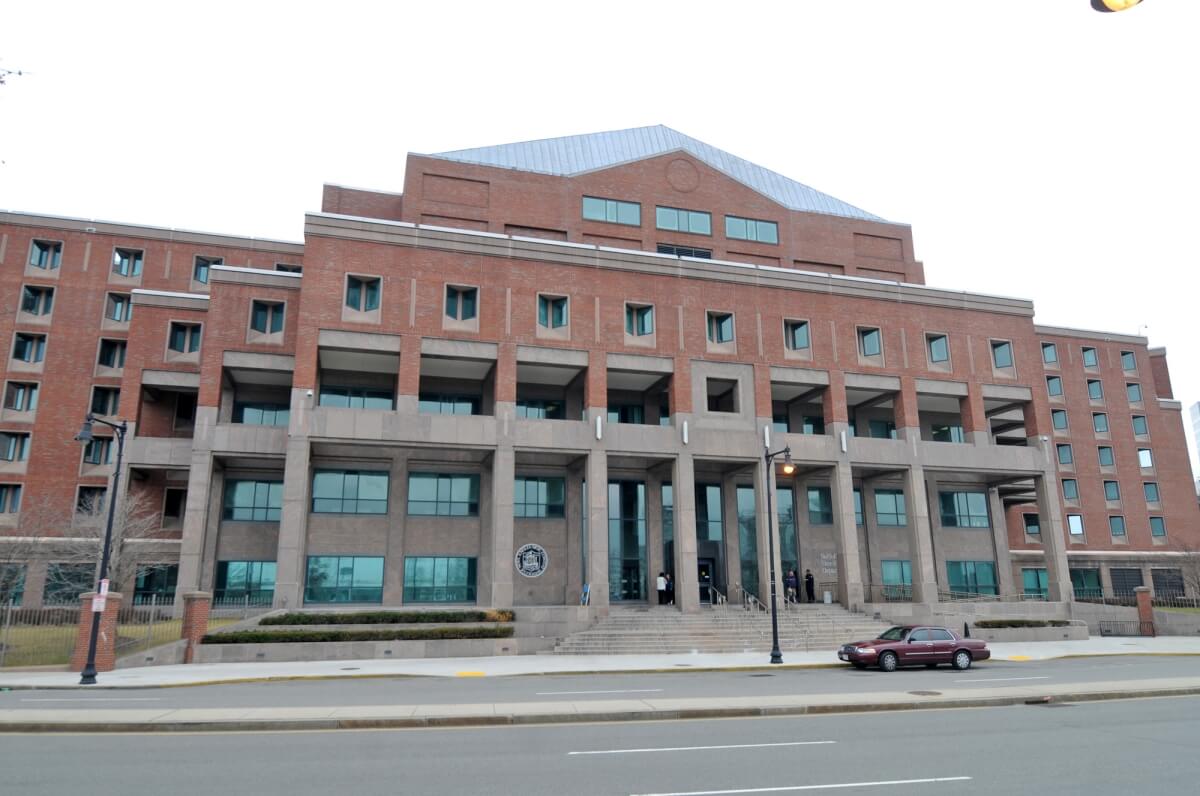Crime Scene: The West End’s Three Jails
Boston’s West End is known for many things: its rich immigrant history, connections to the abolitionist movement, urban renewal, and many famous actors, athletes, and artists. But the neighborhood has another distinction—it has been home to three major jails, including the notorious Leverett Street lockup.
Leverett Street
The Leverett Street Jail opened in 1822 approximately where The West End Museum stands now.
“It was the epicenter of some of the most contentious social and legal issues of the day,” said Duane Lucia, WEM Board president.
The jail was infamous for overcrowding and mixing inmates, regardless of the severity of their crimes. Seven of 10 women incarcerated there were innocent, arrested purely on the word of others for offenses like speaking out about politics.
The jail held many hangings, which were visible from the street and neighboring apartment windows.
Some of its most well-known inmates included:
- John Webster, convicted and hanged for the 1849 murder of George Parkman
- Don Pedro Gilbert, the last pirate executed in Boston
- Abner Kneeland, who preached birth control, women’s property rights and interracial marriage. Kneeland was the last person in the U.S. convicted of blasphemy.
- William Lloyd Garrison, the abolitionist leader, suffragist, and social reformer was held temporarily for his own protection against an angry mob.
The history of the Leverett Street Jail will be explored in depth during a special program, Ghosts in the Museum, at the WEM on Oct. 27 at 6:30 p.m. You can register here.
Charles Street
The Leverett Street Jail closed in 1851 and was replaced by the Charles Street Jail, which housed inmates during the 19th and 20th centuries. The site of the old jail was integrated into the Liberty Hotel, which opened in 2007. Famous inmates at Charles Street included Malcolm Little (Malcom X), Nicola Sacco and Bartolomeo Vanzetti, Boston Mayor James Michael Curley and birth control activist William R. Baird Jr.
Joe Greenberg (The West End Museum Board Member Emeritus) grew up in the West End and remembers walking by the Charles Street Jail often.
“Some of the prisoners would yell from their cells, ‘Hey kid, how ya doin’?’ I would stop and have conversations with them. I got to know several of the prisoners, including (bank robber) Willie Sutton.”
Judge Garrity Spends the Night
In 1971, prisoners sued the Suffolk County sheriff, saying that overcrowding at the Charles Street Jail violated their constitutional rights. Federal Judge W. Arthur Garrity — best known for his 1973 ruling desegregating Boston public schools – spent a night in jail in 1973. He agreed with the inmates and declared the jail’s conditions unconstitutional. He ordered it to be closed.
Nashua Street
The Charles Street Jail didn’t close, though, until 1990, when the current maximum security Suffolk County Jail opened on Nashua Street. It holds about 700 prisoners in 13 different units.
Philip Markoff, dubbed the “Craigslist Killer” committed suicide while being held at Nashua Street in 2010.


